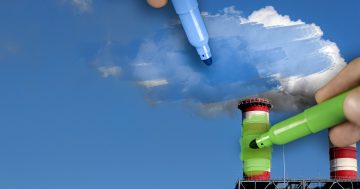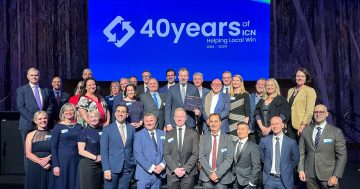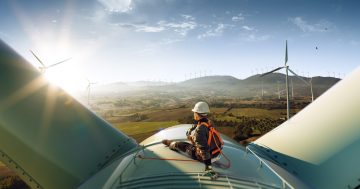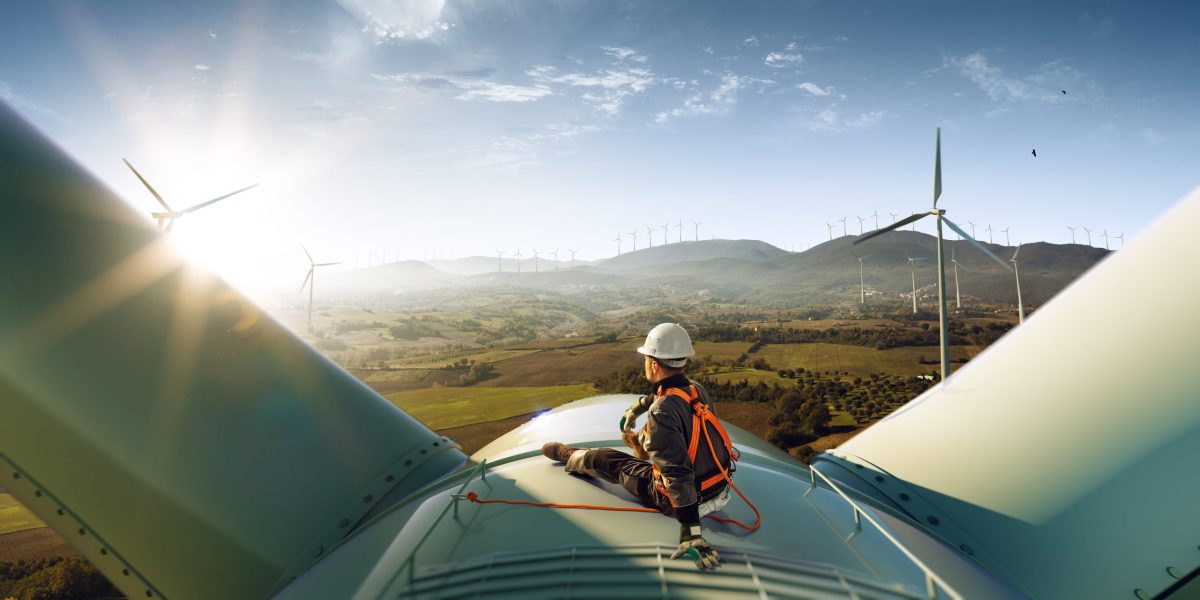
The Industry Capability Network has spent four decades connecting small and medium businesses with project owners around Australia. Photo: ICN.
As Australia continues to work towards a net zero economy by 2050, the green landscape is one every business will find themselves working within. This is, of course, a crucial step towards a more sustainable future for all, but for many business owners, it does present a steep learning curve.
No longer a competitive edge or point of merit, sustainability has become absolutely critical to the efficiency, compliance and overall success of every business in the country.
The question business owners should now be asking, no matter the organisation’s size, location or industry, is whether they’re ready for net zero.
Since being appointed national climate director for the Industry Capability Network (ICN) in July, Dr Vanessa Rouland has worked to understand where small to medium enterprises (SMEs) are in their preparations for net zero and how to best support a smooth transition.
“Most business owners have a basic knowledge of how to integrate sustainability and climate action into their business and how the new climate reporting legislation might affect them,” she says.
“The biggest feedback we’ve gotten so far is that decision-makers need to know what they don’t know. To support this, ICN recently launched the Net Zero Readiness Assessment tool, a free online resource any business can use to assess how prepared they are to operate in a net zero economy.”
With a focus on mandatory climate reporting, the Net Zero Readiness Assessment tool will help businesses understand what they’re currently doing well, where gaps exist and what activities or actions they need to focus on to ensure they remain competitive in the future.
The timing could hardly be better, given the increasing level of pressure on suppliers by government and project owners to meet climate objectives.
Covering eight topics in just 15 minutes, the tool allows users to pinpoint where they are and where they need to be and gain insight into how they can get there.
“This is important for all businesses,” Vanessa says.
“Many SMEs won’t be captured in mandatory climate reporting as they fall below the threshold, but many businesses and project owners they work with will, so it’s important they have their climate data on hand ready to go when asked for it.
“Topics covered include measuring and tracking emissions, collecting and reporting on climate data, setting targets according to your current baseline and capabilities, climate action planning and more.”
These topics form the basis for ICN’s new online climate training, which was also recently launched.
After finishing the assessment, participants will have access to ICN’s 12-month Climate Insights program, which offers further guidance and tailored resources to help businesses stay informed on the latest climate developments for their industry.
In addition to ICN’s new online climate training, the organisation offers free bi-monthly climate webinars to raise awareness about climate reporting and how it will affect SMEs.
“It can feel overwhelming to think about, but decarbonisation actually helps to improve cost-effectiveness in the long run, and you’ll be contributing to a safer, more sustainable world,” Vanessa says.
“Understanding how to stay ahead of climate legislation will also help your business compete and access new opportunities in a decarbonised economy.
“Knowledge is power, so doing your due diligence now and staying informed going forward is key to continued success.”
Find out more at Industry Capability Network.
